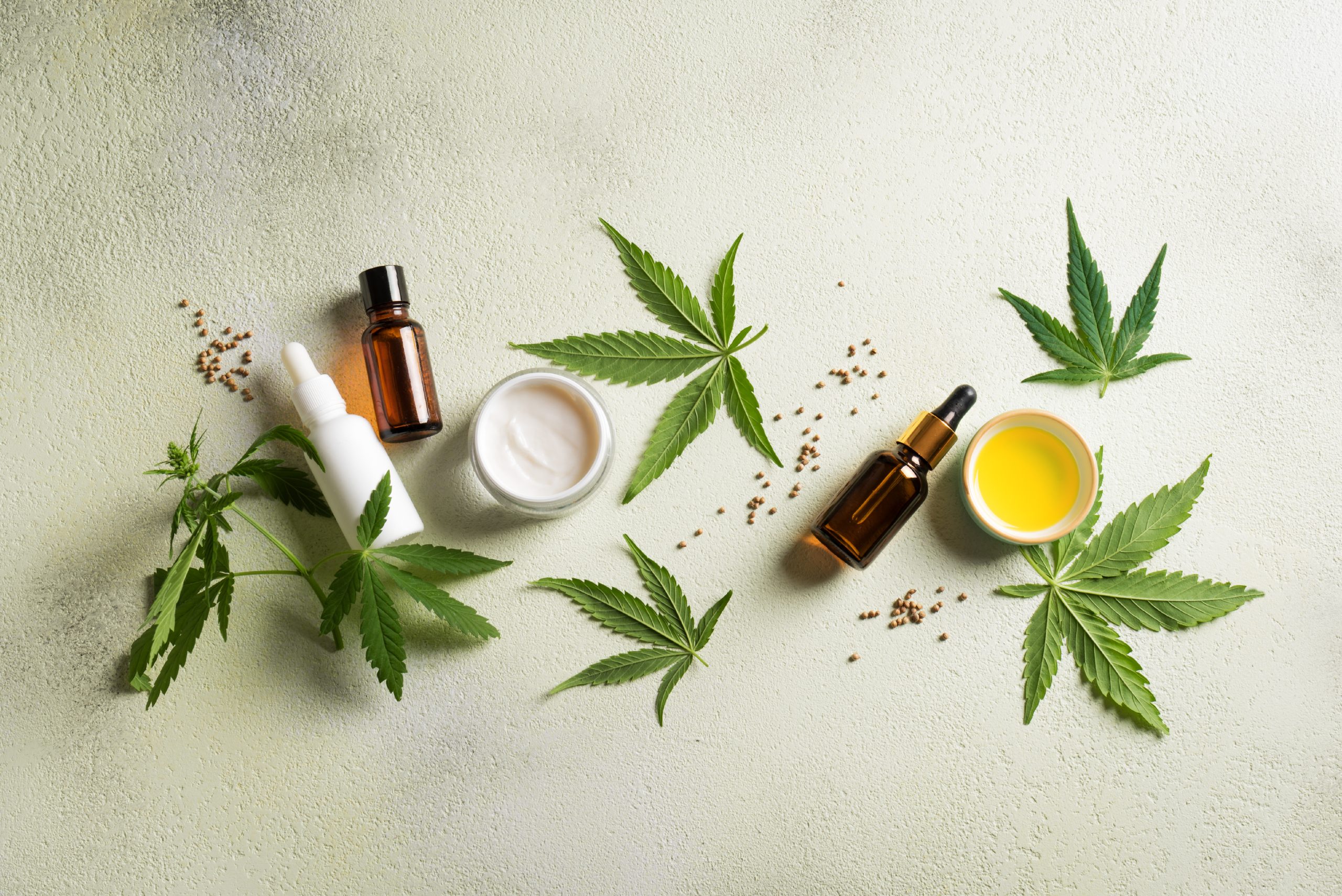Minnesota Updates Its Cannabis Law
September 3, 2025 | Scott M. Hagel
Minnesota recently updated its cannabis law, adding a number of changes regarding business licensing, the lower-potency hemp edible (LPHE) industry, and medical cannabis. The changes were introduced in Senate File (SF) 2370, which was approved by Governor Tim Walz and became effective May 24, 2025. Many of the changes were recommended by the Office of Cannabis Management (OCM), which was established in 2023. Below, we’ll summarize the key changes in the new law.
Cannabis Business Licensing Changes
The cannabis market has gotten off to a slow start in Minnesota since adult-use cannabis was legalized in 2023. Many of the changes in the new law aim to help cannabis businesses launch.
- Testing facility licenses: Testing facilities are necessary to ensure cannabis products’ safety before selling them to consumers. The new law allows OCM to issue a cannabis testing facility license to an applicant while their laboratory accreditation is pending. This will allow testing facilities to open more quickly, ensuring there are enough facilities to meet the demand of retailers.
- Local registration: Similarly, local governments can now issue retail registrations to applicants with preliminary approval, streamlining the launch process for cannabis businesses.
- Application process: The cannabis business application process has also been simplified, including the removal of duplicative application requirements and officer signatures.
- Social equity expansion: The law broadens criteria for social equity status to include applicants who received stays of adjudication or delinquency.
- Samples at events: Retailers can now offer samples of cannabis products at licensed cannabis events.
- Relaxed transportation rules: Cannabis transporters are no longer required to randomize their routes or staff their vehicle with multiple employees.
- Authorized activities: The law clarifies authorized activities for licensed business, including the ability for cannabis microbusinesses to purchase cannabis products from other businesses, the ability for cultivators to sell immature cannabis plants to other cannabis businesses, and additional transportation abilities for medical cannabis businesses.
- Municipal licensing: Cities and counties that operate a municipal cannabis store can now also hold an LPHE retailer license.
Lower-Potency Hemp Edible (LPHE) Industry Changes
- Application process: The law simplifies requirements for hemp business applicants to more closely resemble the cannabis business application process.
- New wholesaler license: The law creates the lower-potency hemp edible wholesaler license as a new license type.
- Delivery endorsement: LPHE retailers can now deliver LPHE products.
- Serving size changes: Single-container beverages containing up to 10 mg of THC can now be labeled as one serving rather than two.
- Increased CBD/CBG/CBN/CBC Limits: LPHE products can now contain up to 100 mg per serving of cannabidiol, cannabigerol, cannabinol, or cannabichromene, raising the limit from 25 mg.
- Non-intoxicating products: Non-intoxicating, hemp-derived topical products can now be applied sublingually (under the tongue). These products must now provide information to consumers on the label, removing the option to provide the information through a scannable barcode.
- On-site consumption: LPHE retailers with an on-site consumption endorsement can now sell LPHE beverages for on-site consumption at an off-site event, as long as certain qualifiers are met.
- Exporter endorsement: Manufacturers can now produce products that are not compliant in Minnesota to export them to states where they are compliant.
Medical Cannabis Program Updates
- Civil and criminal protections: The law strengthens protections for medical cannabis patients and caregivers to prevent discrimination in housing, employment, and educational contexts.
- Remote access: The law expands remote consultation access for patients, which also helps more cannabis businesses participate in the medical program.
- Reciprocity: The law authorizes tribal and visiting patients with proper documentation to access medical products at licensed cannabis businesses.
- Health care facilities: Additional types of cannabis and hemp products can now be accessed by patients in health care facilities.
Contact Barna, Guzy & Steffen with Questions
The new cannabis law in Minnesota is especially relevant to cannabis business owners in the state. If you have questions regarding this law’s effects on your business, contact us to schedule an appointment. Our experienced business law attorneys would be happy to help.


